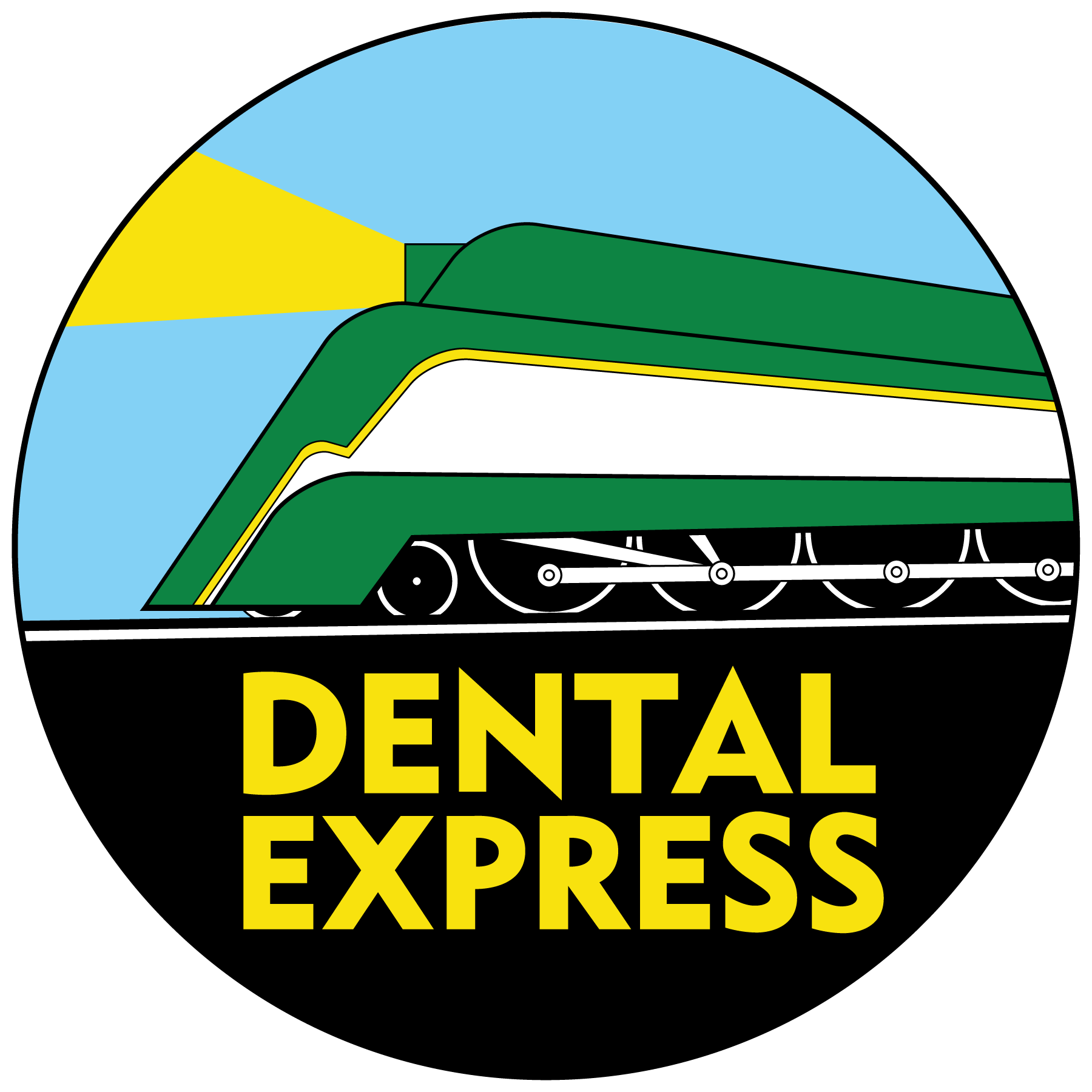
“Mommy, my tooth hurt!” No parent wants to hear those words. Severe tooth pain is enough to bring many adults to tears — and it’s even worse for children! There are several things that can cause minor toothaches. However, when the pain is severe, there’s a good chance that you have an infected tooth or a serious problem that requires immediate attention. We’ve outlined four of the most common causes of severe toothaches and a symptom checklist. If you’re experiencing any of these, be sure to see your local dentist as soon as possible.
1. A cracked tooth
If you or your child has a sports injury or a nasty fall, you may have a cracked or fractured tooth. But did you realize that you can crack a tooth from something as simple as grinding your teeth? Even a microscopic crack can cause extreme pain. Some teeth may be severely damaged and must be removed.
What causes a cracked tooth?
There are several ways you can crack a tooth. These include:
- Biting on hard foods or chewing ice can cause your teeth to crack. Be very careful if your children have a fondness for hard candy. It’s one of the main culprits!
- Uneven chewing pressure can also damage your teeth.
- If you have undergone endodontic therapy or root canal treatment, your teeth may be somewhat brittle. As a result, they are more susceptible to fracturing or cracking.
- Accidents or sports injuries that involve a blow to the mouth are the most obvious reasons your tooth could be damaged.
- Weak tooth structure can also cause problems. If you have had a large cavity filled or other dental restorations, you are at greater risk for a cracked tooth.
What are the symptoms of a cracked tooth?
If you have any of the following symptoms, give us a call:
- Sensitivity to hot or cold foods
- Pain that causes you to chew only on one side of your mouth
- Sharp pain when you bite down on certain foods
- Sensitivity to sweet or sour food
While these are the most common symptoms, sometimes there are no signs at all. In cases like that, a dental X-ray is necessary to pinpoint the exact location and extent of the crack.
2. An abscessed tooth
Some severe tooth pain may come and go, but pain associated with an abscessed tooth is constant and miserable. You can even feel the pain in your jawbone!
What causes an abscessed tooth?
An abscessed tooth occurs when bacteria infects the dental pulp. The pulp is the soft tissue inside your tooth. Think of it this way: if your tooth was an orange, the peel would be the white outer enamel. This is the part that you see. The pulp would be the soft part of the orange located underneath the peel. The pulp contains blood vessels and nerves, so any infection causes a lot of pain. Bacteria may enter the pulp through a crack or a large cavity.
What are the symptoms of an abscessed tooth?
- Facial swelling
- Swollen lymph nodes
- Fever
- Sensitivity to hot or cold
- Pain when biting or chewing
- A severe toothache with pain that may affect the neck, ear, or jaw
You cannot treat an abscessed tooth at home. Even if the pain goes away, you must be treated by a dentist. If not, the infection can spread to your neck or jaw. Without treatment, you may even develop a serious, life-threatening condition called sepsis. Sepsis means the infection is spreading throughout your body.
3. Impacted wisdom teeth
Wisdom teeth can cause a wide range of problems. Often, there is not enough room for these teeth to come in properly, and they become impacted. This means that the tooth is not coming in straight or it’s not in the correct position.
What causes impacted wisdom teeth?
If there’s not enough room in your mouth for your wisdom teeth to come in properly, they’ll become impacted. Impacted wisdom teeth can not only cause pain — they can also damage neighboring teeth. There’s a 75 percent chance that at least one of your wisdom teeth will be impacted. For these reasons, wisdom teeth are typically removed before the age of 24. For more information, you can check out these pictures of the different types of wisdom tooth impactions.
What are the symptoms of impacted wisdom teeth?
First, only a dental X-ray can determine if you have impacted wisdom teeth. Sometimes, there is no indication… until they become a problem. If that’s the case, you may experience:
- Jaw pain
- Bad breath or a terrible taste in your mouth
- Tender gums
- Swollen jaw
- Bleeding gums
- Difficulty opening your mouth
If your wisdom teeth are impacted, it’s important to schedule regular dental X-rays so your dentist can keep a close eye on them.
4. A deep cavity
First, let’s make one thing clear: any cavity can cause pain. However, when you have a very deep cavity, the pain reaches a whole new level.
What causes cavities?
It’s a recipe for dental disaster: sugars + bacteria = acids that attach your teeth. These acids wear away the outer part of your tooth (called the enamel). If they aren’t filled, the cavities may grow and become so deep that they damage the soft inside of your tooth (the pulp).
What are the signs that you may have a cavity?
Some of the symptoms of a deep cavity are:
- Sharp tooth pain, particularly when eating something sweet, cold or hot
- Toothache
- Pain when biting or chewing
- Sensitive teeth
- Holes or pits in your teeth
Cavities are much more common in children, so it’s important to teach your children good habits such as brushing and flossing regularly. If you have any questions, let us know. We love working with children and we consider it a privilege to serve your entire family.
How to Soothe Your Tooth Pain Until You Get to Your Dentist
Sometimes, using a hot or cold compress can relieve pain. Often, over-the-counter medication can also help. However, before giving your child over-the-counter medication, be sure you carefully read the label to see if the medication is appropriate for children. Also, be wary of using herbal remedies. These may interact with any prescription or over-the-counter medications you are taking. Make sure your dentist is aware if you are taking these or other natural remedies. We don’t want you to suffer from tooth pain! If you have any of the symptoms described above, we encourage you to take advantage of our walk-in appointments. __________ Dental Express offers dental care for the entire family, including SmileCorrect, implants, emergency dental care and maintenance services. Our practice features compassionate care coupled with state-of-the-art dentistry at four convenient locations in San Diego: Downtown, Point Loma, Clairemont and Santee. Contact us to schedule an appointment today. __________
Sources:
American Association of Endodontists. “Tooth Pain.” Online. American Dental Association. “Do You Have a Cracked Tooth?” Animated Teeth.com. Online. The Mayo Clinic. “Toothache: First Aid.” Online. “Tooth Abscess: Symptoms and Causes.” Online. “Impacted Wisdom Tooth Pain-Symptoms.” Online. “Tooth Decay and Symptoms.”

